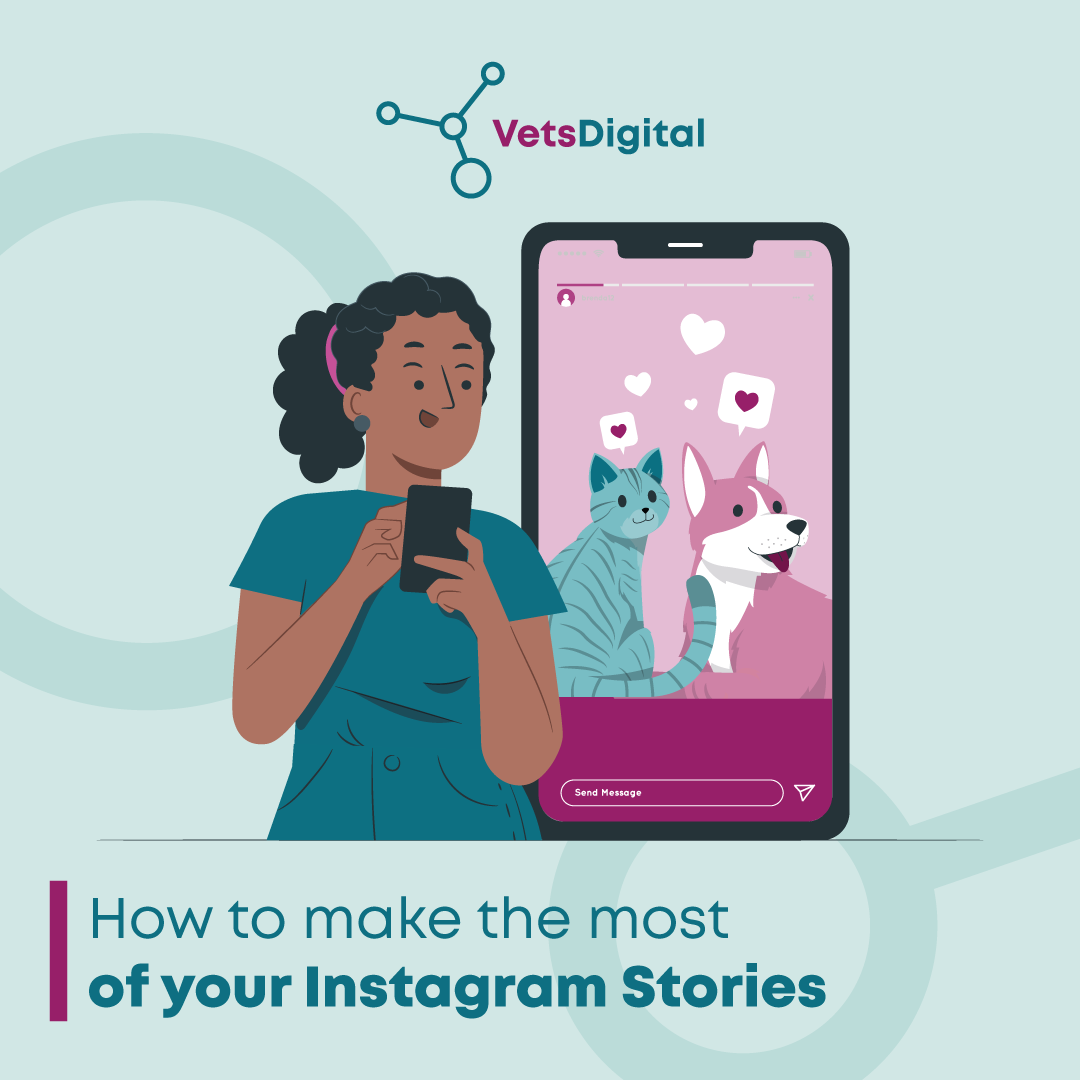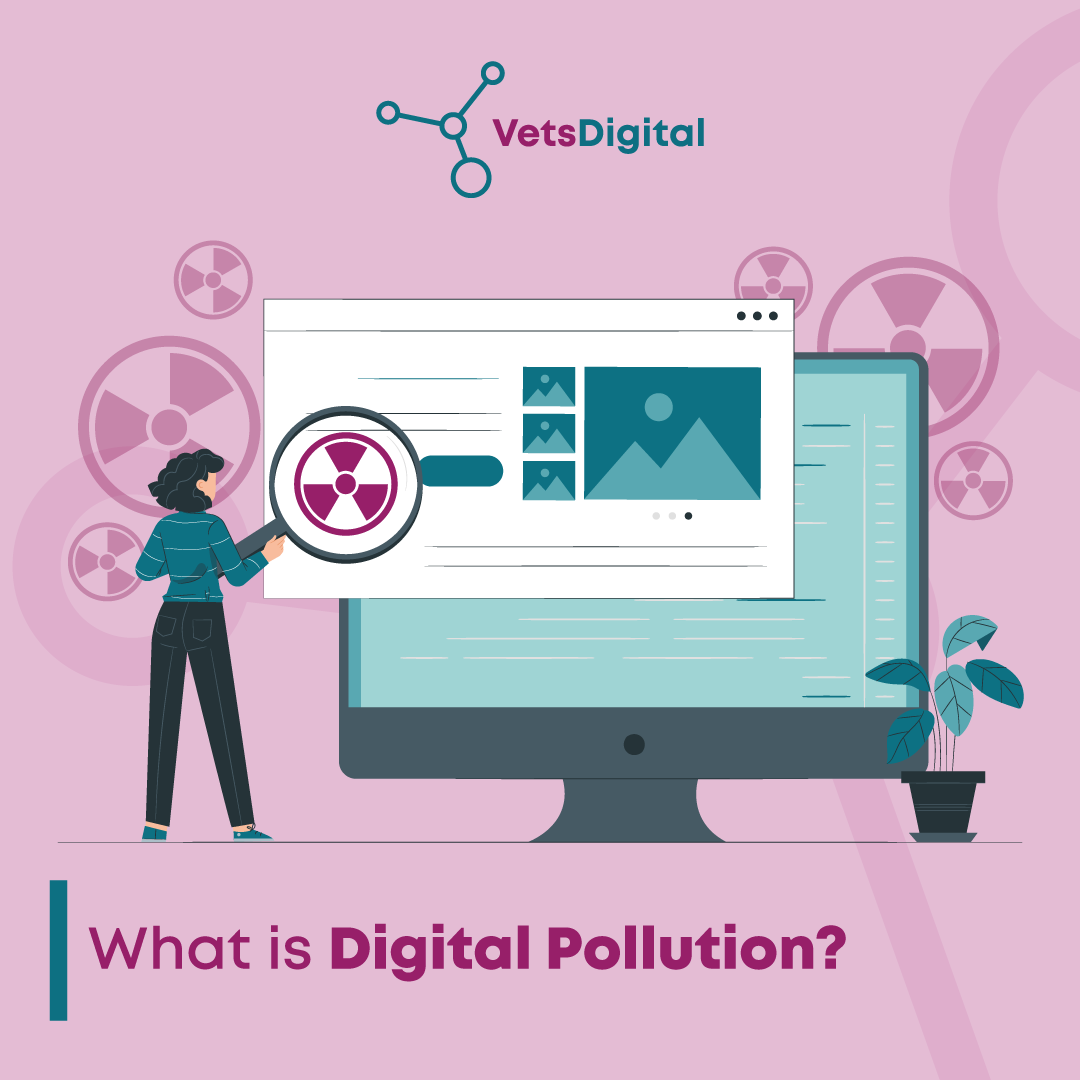Content, Digital Marketing, Marketing news, News, Technology,
Do AI and ChatGPT have a place in veterinary digital marketing?
We are living in a time when technological advancements continue to present new ways to communicate with audiences. ChatGPT is currently a hot topic of conversation amongst veterinary practice owners, particularly for its potential to boost marketing strategies.
What is ChatGPT?
ChatGPT is an AI-based large language model (LLM) with the power to produce detailed responses in ways that emulate human conversation. Developed by OpenAI, ChatGPT has been fed an enormous quantity of information from the internet, which has helped it to understand the structures and patterns of human communications in ways that allow it to deliver apparently accurate and understandable responses to questions and statements.
THE GOOD BITS
Theoretically, ChatGPT can be used in essentially infinite ways by businesses in all sectors and industries. We say theoretically because it comes with a HUGE risk in some categories. More on this later.
On-site content
ChatGPT ‘could’ be used to generate informative on-site content featuring information that your potential clients are already searching for online. For example, you could ask it what sort of information a veterinary practice ‘About Us’ page should include and it will, quite rightly, tell you that you should explain the services and facilities you offer, showcase testimonials from your current clients, and provide easily accessible contact information.
But you knew all that already.
So, it’s worth remembering that the more information you provide to ChatGPT about who you are and what you do, the more personalised its content suggestions will be. With this in mind, you could ask it to generate a mission statement for your practice or even to draft a full, readable ‘About Us’ page, which includes information about the unique selection of services that you offer.
ChatGPT and digital content
One of the main benefits of ChatGPT technology is its ability to support idea generation as it can provide suggestions for numerous broad topics, such as ‘Common Conditions and Treatments’ and ‘Seasonal Topics’.
You can also ask it for more specific suggestions, including potential keywords to target. So, for example, with the summer season approaching, you could ask ChatGPT to expand on its ‘Seasonal Topics’ suggestion. From here, it will present you with a selection of potential titles, including suggestions such as ‘tips for keeping pets cool in hot weather’, ‘activities to enjoy outdoors during the summer season’, and ‘top summer travel tips for pet owners’.
ChatGPT and social media
It’s no longer enough to create engaging content. You also need to know how to promote it across your social channels to drive clicks. If you aren’t sure how to summarise the content of a blog post into a single sentence that captures the attention of your audience, you could potentially ask ChatGPT.
In addition, you can also ask AI technology to help you to generate a social media content calendar, which may assist you in sharing content to your platforms consistently, expanding your reach, and successfully growing your client base.
ChatGPT and email marketing
Let’s say you’re running a special introductory offer on a brand new service and you want to promote it to your audience. Email marketing is the best way to communicate directly with your pet owning audience, but you still need to share captivating content to prevent your emails being sent directly to the trash without being opened. Simply providing ChatGPT with a few basic facts about your new service and the applicable offer could help you to create engaging email headers that enhance open rates.

AND THE RISKS
Chatbots have been a popular tool used by countless businesses on a global level to provide high quality customer service and answers to commonly asked questions without costing a fortune in human resources. However, many are unable to answer queries outside of their programming, which presents clear limitations.
While ChatGPT has the ability to generate much better content than most generation tools, YOU CANNOT RELY UPON IT WITHOUT EXTENSIVE HUMAN INTERVENTION. At least not yet.
Many of the suggestions provided by ChatGPT are going to be rather generic and may include a bias towards its ‘training data’, much of which will emanate from the USA. It may provide you with a starting point and some food for thought but, in most cases, a human writer and editor will far exceed the capabilities of the tool in generating valuable content.
It may suggest valuable jumping-off points, but work will be required to make them more unique to your brand and relevant to your pet owners.
Specific veterinary problems…
While ChatGPT is designed with safety systems to prevent it from attempting to diagnose disease in animals (which would be fascinating legal issue, by the way – who do you bring an action against for breach of the Veterinary Surgeons Act?!), they are easily bypassed. Unfortunately, like all it’s cousins, it suffers from training bias (there’s often a lot more published about rare things than common things, for example, so it may jump on something rare and exciting rather than a much more common condition. For example, given a “vomiting female dog” it may be more likely to flag up Addison’s than a pyo). It is also prone to “hallucinations” – presenting plausible but completely unreal information.
The biggest risk is that ChatGPT might end up being a “Dr Google on steroids” – and because it is designed to be much more plausible, and doesn’t allow the user to interrogate it’s data sources for reliability, the risks of an epidemic of self-diagnosis become apparent [1]. The fact that sometimes it does get it right only makes the problem worse!
Google and SEO Content
An entire technology industry is springing up as we write, which is focused on ‘AI content detection’. Multiple detection tools have been launched to assist digital agencies and their clients in detecting (and by implication, rejecting) AI-generated prose. Why? Because Google is focused upon results quality and there is some heated debate as to the quality of AI generated content. This is turning into a ‘battle of the robots’ with Open AI, the authors of Chat GPT launching their own detection tool ‘Text Classifier’, Google already offering ‘Percent Human’, another detection technology, and multiple start-ups coming to market. How reliable they are is, however, questionable…
In layperson’s terms, AI generated output is (in theory!) inherently detectable using an approach broadly referred to as cryptographic watermarking. There are certain ‘signatures’ visible to technologies designed to look for them, which will identify a given piece as machine-generated. Whilst this may be absolutely fine for an email sequence or a letter, computer-generated content would be a high-risk strategy for any important landing page or blog post designed to rank well and, importantly, sustainably in Google’s algorithm. However, in this “battle of the robots”, it would not be hard to instruct a sufficiently advanced AI to generate content that avoids such watermarks. Even without that, there is already a serious problem with “false positives”, and human content being flagged as AI generated.
Be in no doubt that Google is overtly hostile to the latest wave of LLM technologies [2]. Highly respected digital industry commentators Search Engine Journal published an article [3] in which they cite Google’s Search Advocate John Mueller as saying that AI-generated content is considered spam and is against Google’s webmaster guidelines.
To use or not to use…
This latest wave of innovation is clearly in its infancy. There will be winners and losers, of that, we have little doubt. In the short term, we would advise that Chat GPT and other AI-based LLM systems may add value in the creation process in discovery, wireframing, planning and in the creation of ‘administrative’ (non-SEO) content such as email sequences, standard client letters and so forth.
If you are going to use AI technology and Chat GPT to assist in creating educational veterinary content for your social media channels, landing pages and on-site blog, it is important that you use it to augment your own research efforts and not to generate the end result.
You will need to ensure that all claims and facts within the content have been thoroughly checked and confirmed to be accurate. Spreading misinformation is a sure-fire way to negatively impact the trust that Google and your own audience have in your practice. It is also, of course, in direct opposition to the RCVS Code of Conduct.
Even in ‘safer’ areas, such as client letters and email sequences, you will also want to review all AI generated content to ensure that it reflects your brand’s tone of voice. Pet owners will notice if the tone of your communications and content changes, which will confuse their perception of your brand and could again jeopardise the trust you’ve worked so hard to build.
In hotel terms, AI LLM is a potentially valuable back-of-house team member but, at present, has no business being front-of-house.






